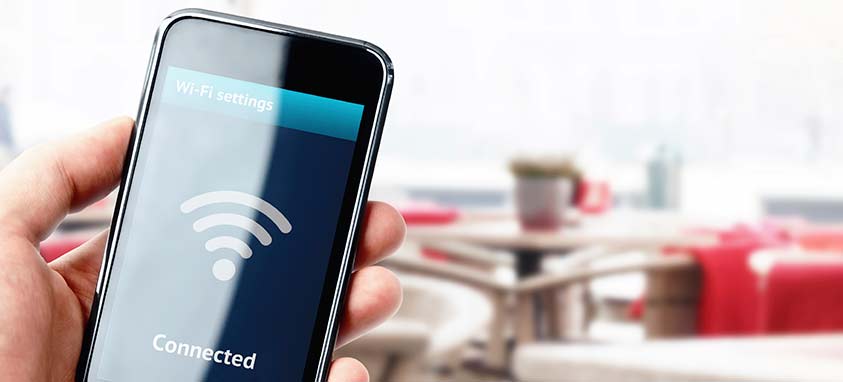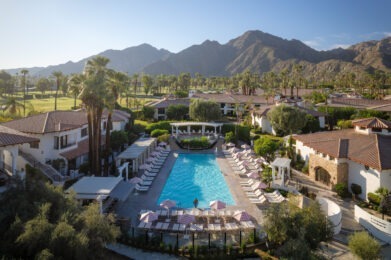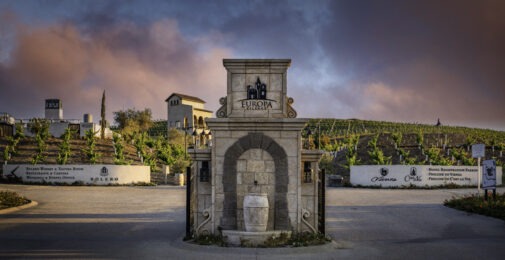After Gaylord Opryland Hotel and Convention Center made headlines for blocking Wi-Fi earlier this year, hotels and convention centers are still coming under fire for obstruction. Yesterday, the Federal Communications Commission’s Enforcement Bureau brought a $25,000 fine against Hilton Worldwide Holdings for failing to comply with a year-old investigation about whether the hotel operator interfered with hotel guests’ personal hotspots.
“Consumers are tired of being taken advantage of by hotels and convention centers that block their personal Wi-Fi connections,” said Travis LeBlanc, chief of the FCC’s Enforcement Bureau in a statement. “This disturbing practice must come to an end. It is patently unlawful for any company to maliciously block FCC-approved Wi-Fi connections.”
A hotel guest filed the first complaint in August last year, claiming that Hilton Anaheim in California blocked Wi-Fi signals from personal hotspots unless a $500 fee was paid to use the hotel’s own Wi-Fi. The FCC later received similar complaints involving more Hilton properties and subsequently issued an inquiry into the company’s Wi-Fi practices in November 2014. The most recent FCC order asks Hilton to provide information on Wi-Fi management practices for all of its U.S.-based properties.
The document states, “A Hilton subsidiary initially responded only for a single property, arguing that the scope of the bureau’s investigation should be limited to Hilton’s activities at its Anaheim hotel. Those answers were incomplete and inadequate even for that one property.”
In a response to Computerworld, Hilton refuted FCC’s claims and backed its company policy that prohibits Wi-Fi blocking at all properties. “Throughout this inquiry, we have cooperated with the FCC. We believe that the FCC has no basis for vastly expanding the initial inquiry based on a single complaint at a single Hilton hotel, providing extensive background and details in a timely and efficient manner,” a spokesperson said.
Hilton Worldwide could face increased penalties if there are additional delays. While hotels are able to impose fees on Wi-Fi services offered, The Communications Act does not allow organizations to restrict Wi-Fi access. FCC’s decision states, “Wi-Fi blocking is a serious concern to the Commission because such activity, where it occurs, undermines wireless innovation and the availability of Wi-Fi as an important Internet access technology and harms consumers by preventing them from using services for which they have already paid.”
In a separate order, the FCC’s Enforcement Bureau also proposed to fine technology systems provider M.C. Dean $718,000 for jamming personal Wi-Fi service at Baltimore Convention Center. Convention attendees and exhibitors were reportedly barred from using their own data plans and personal hotspots instead of paying for Wi-Fi. M.C. Dean charges convention center visitors as much as $1,095 per event for Wi-Fi access.
Last year, Marriott International was fined $600,000 for blocking Wi-Fi at the Gaylord Opryland Hotel and Convention Center in Nashville. And in August, Smart City Holdings, LLC was ordered to pay $750,000 for blocking Wi-Fi devices at several convention centers across the U.S.




